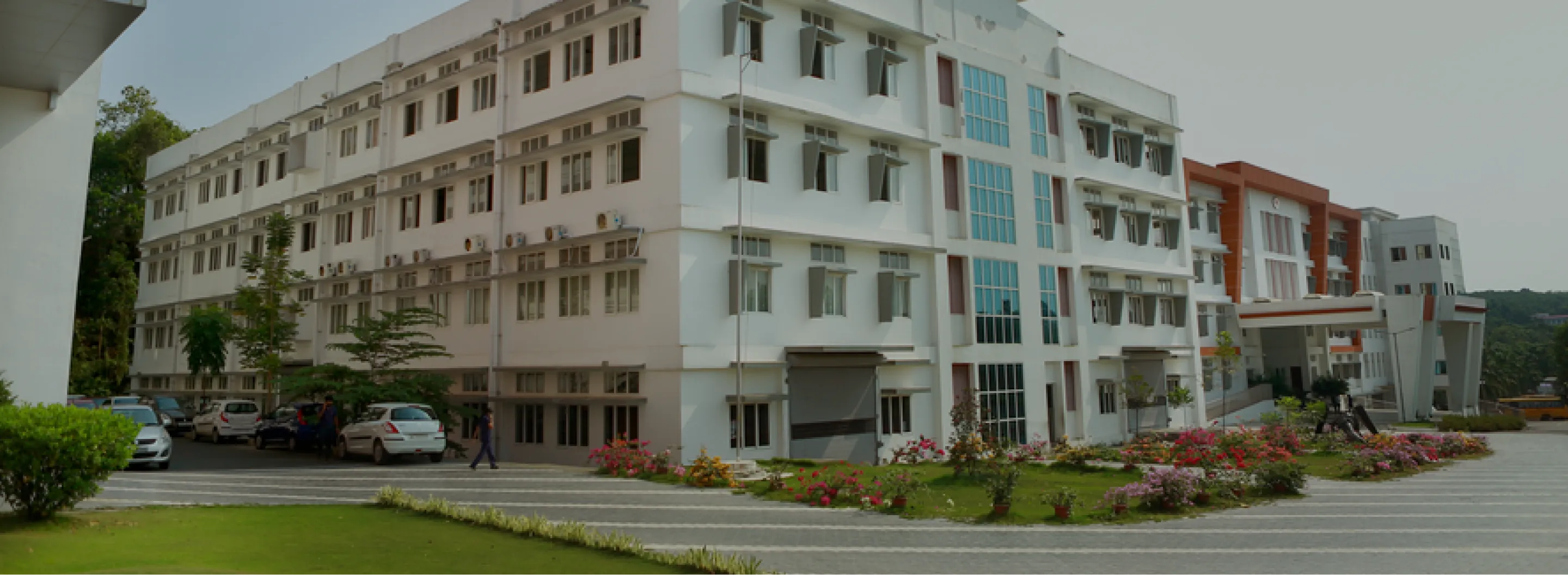
The Department of Cyber Security, established in 2021, is a dynamic academic unit at MITS offering a full-time undergraduate program:
B.Tech in Computer Science and Engineering (Cyber Security) – 60 seats
This program is designed to meet the growing global need for cybersecurity professionals by providing students with a rigorous foundation in computer science, network technologies, and information security principles, integrated with specialized training in cryptography, ethical hacking, digital forensics, malware analysis, and secure software development.
The department follows an outcome-based education model, combining theoretical knowledge with hands-on learning through modern laboratories, industry-relevant tools, and project-based learning (PBL) modules. It emphasizes technical excellence, ethical responsibility, and continuous innovation to produce industry-ready graduates.


Government Quota (Allotted by CEE based on KEAM Rank )
AICTE Tuition Fee Waiver Scheme (TFW) (based on KEAM rank and family income)
Management Quota (Filled from College merit list prepared based on (KEAM &+2) Physics, Chemistry and Mathematics marks)
NRI – Based on +2marks (KEAM not mandatory)
OCI/PIO/CIWG QUOTA (KEAM not mandatory)
Ready to Take the Next Step in Your Career? Apply Now and Join Our Prestigious Program
apply now